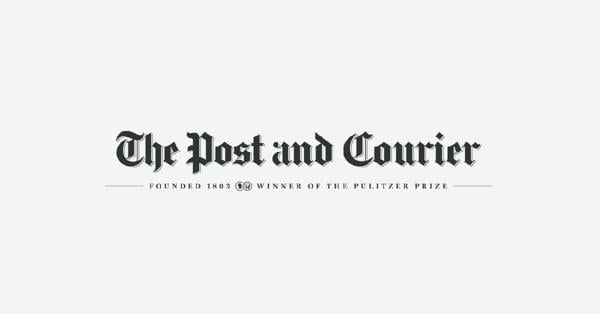NIL
College sports lurches forward, hoping to find a level playing field with fewer lawsuits
This sounds easy but comes with the assumption that universities – which, for decades, have sought to eke out every edge they can, rulebook or no – will provide accurate data. “Over history, boosters have looked for ways to give their schools an advantage,” said Gabe Feldman, a sports law professor at Tulane. “I think […]

This sounds easy but comes with the assumption that universities – which, for decades, have sought to eke out every edge they can, rulebook or no – will provide accurate data.
“Over history, boosters have looked for ways to give their schools an advantage,” said Gabe Feldman, a sports law professor at Tulane. “I think that will continue even with the settlement. It’s anyone’s guess as to how that manifests, and what the new competitive landscape looks like.”
Adding some level of transparency to the process, along with the CSC’s ability to deliver sanctions if it identifies cheaters, will be key to the new venture’s success.
“There’s legal risk that prohibits you from doing that,” Alberts said. “But we want to start as transparent as we can be, because we think it engenders trust.”
Good intentions aside, Alberts concedes, “I don’t think it’s illogical to think that, at first, it’s probably going to be a little wonky.”
How much should an endorsement deal be worth?
Some of the wonkiest bookkeeping figures to come from the second category of number crunching, and that involves third-party NIL deals. The CSC hired Deloitte to run a so-called clearinghouse called “NIL Go,” which will be in charge of evaluating third-party deals worth $600 or more.
Because these deals aren’t allowed to pay players simply for playing – that’s still technically forbidden in college sports — but instead for some service they provide (an endorsement, a social media shoutout and so forth), every deal needs to be evaluated to show it is worth a fair price for what the player is doing.
In a sobering revelation, Deloitte shared with sports leaders earlier this month that around 70% of third-party deals given to players since NIL became allowable in 2021 would have been denied by the new clearinghouse.
All these valuations, of course, are subject to interpretation. It’s much easier to set the price of a stock, or a bicycle, than the value of an athlete’s endorsement deal. This is where things figure to get dicey. Though the committee has an appeals process, then an arbitration process, ultimately, some of these cases are destined to be challenged in court.